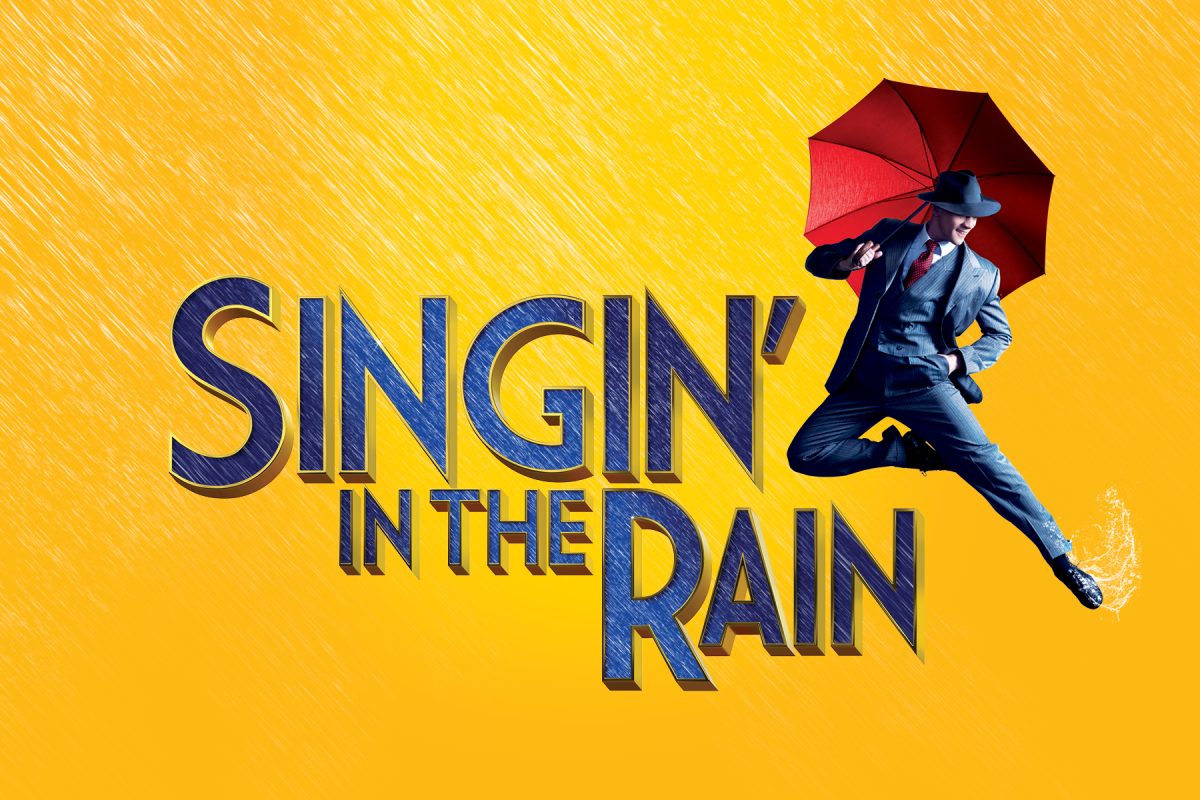Oscar Nominations for “Birdman”: Best Picture, Best Actor, Best Director, Best Supporting Actor, Best Supporting Actress, Best Original Screenplay, Best Cinematography, Best Sound Editing, Best Sound Mixing
“Birdman,” directed by Alejandro Gonzalez Inarritu, can be best described as a twisted masterpiece. The film’s unorthodox directive techniques and clever character portrayals add to the mysteriosity of the film, which follows the story of a washed-up movie star, Riggan Thomson (Michael Keaton) and his alter ego Birdman, Thomson’s past superhero role. Thomson attempts to redeem himself on Broadway while struggling with his inner demons that question his self worth. Thomson’s past role as Birdman provides a voice for his insecurities, taking him on delusional tangents while Thomson is trying to produce a play. Meanwhile, Thomson struggles to maintain his sanity as both his family, his divorced wife and teenage daughter and professional lives are spiraling out of control.
The characters in the film stand out with their compelling personalities. Keaton’s performance as Thomson is relatable; he captures the frequently ignored facets of humanity and clashing emotions as Thomson becomes embroiled in a deranged state of lunacy. Keaton’s performance is admirable, especially because of the parallel between “Birdman” and Keaton’s acting career. Keaton played the coveted role of Batman in Tim Burton’s 1989 version of the movie, and the actor has thus fallen to the ranks of an obscure movie star, which is ironically similar to Thomson’s situation.
Meanwhile, Thomson’s daughter Sam (Emma Stone) is a token rebellious teen who engages in heated arguments with her dad and struggles to establish herself after coming back from rehab and working as her dad’s production assistant. Stone’s performance starts off as a stereotypical depiction of a smart-mouthed, insubordinate teen, but the complexities of character eventually reveal her anger and neglection living in the shadow of a fame-driven and equally troubled parent. Edward Norton’s portrayal of Broadway performer and movie star Mike Shiner is equally complex. With the introduction of his character, Norton brings a jarring level of arrogance and narcissism to Shiner’s personality. Later, Norton draws attention to Shiner’s insecurities and internal friction. Shiner’s only reality is the stage, and ironically the only time he feels like himself is when he is pretending to be someone else.
“Birdman” is a directive anomaly. While it seems the choices Inarritu makes as the director are obscure, the amalgam of light-hearted and emotionally-troubled characters and satirical conversations are intentional and blend together to form a magically realistic movie on the big screen. Scenes that are physically impossible are exaggerated through this style to emphasize the emotional turmoil the characters experience.
Overall, Inarritu’s directing is the highlight of the film. “Birdman” has received endless praise for the incredible feat of making the entire film seem like it was shot in a single, uninterrupted take. The camera follows the actors, switching off as they walk together and filming hallways and stairways. Along with the unique and noticeable style of directing comes an interesting choice of score: drum riffs. Instead of the typical musical background, percussion adds depth to outbursts of anger or rising tensions.
“Birdman” is a work of exceptional artistry; it is innovative and entirely unconventional. With its unique directorial techniques and character portrayals, the film seems to mock human struggles while displaying their insecurities on a more profound but not always transparent level. “Birdman” is quirky, distinctive, and intense, and with its cliffhanger ending, it’s sure to leave viewers perplexed from beginning to end.









